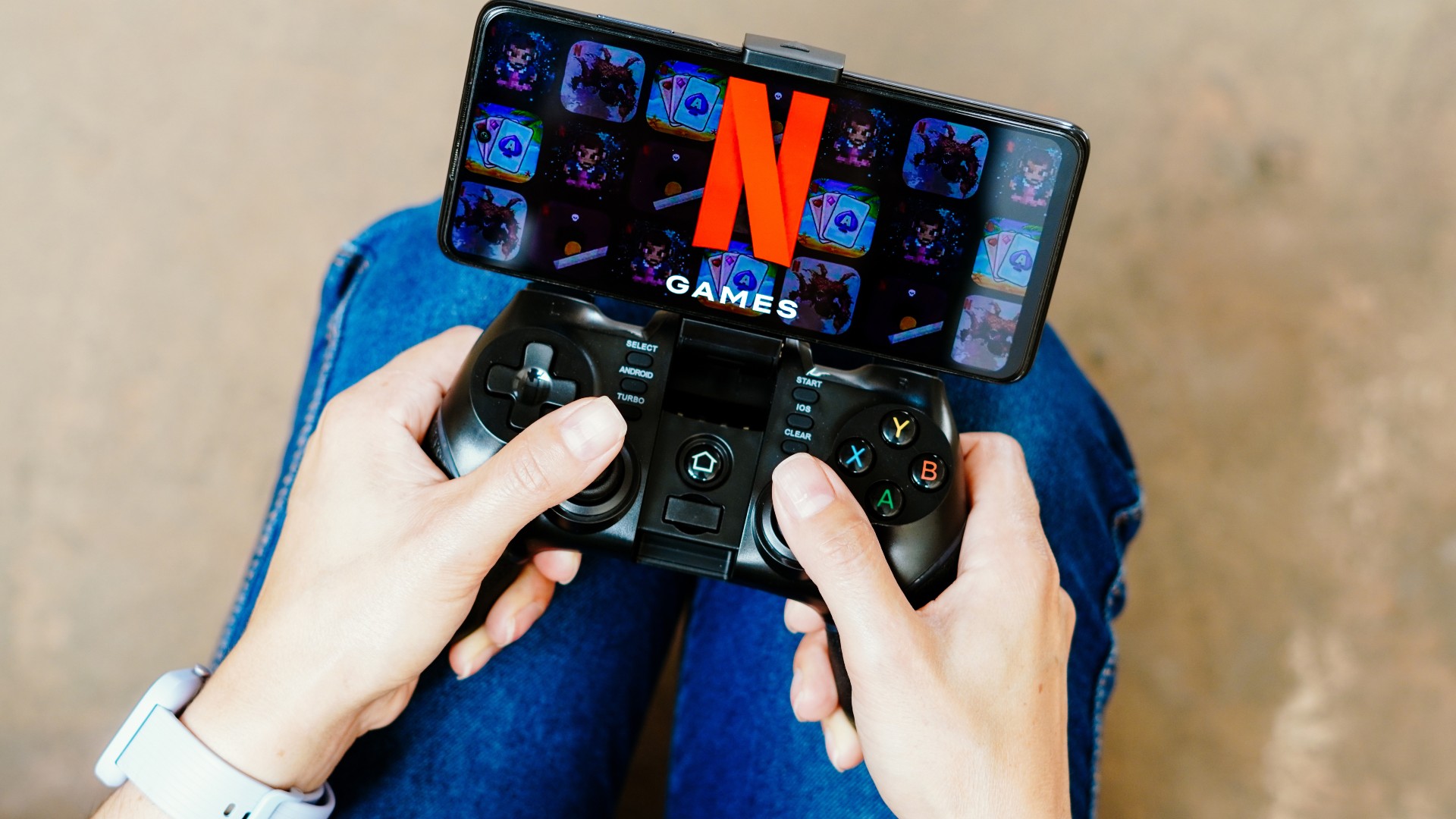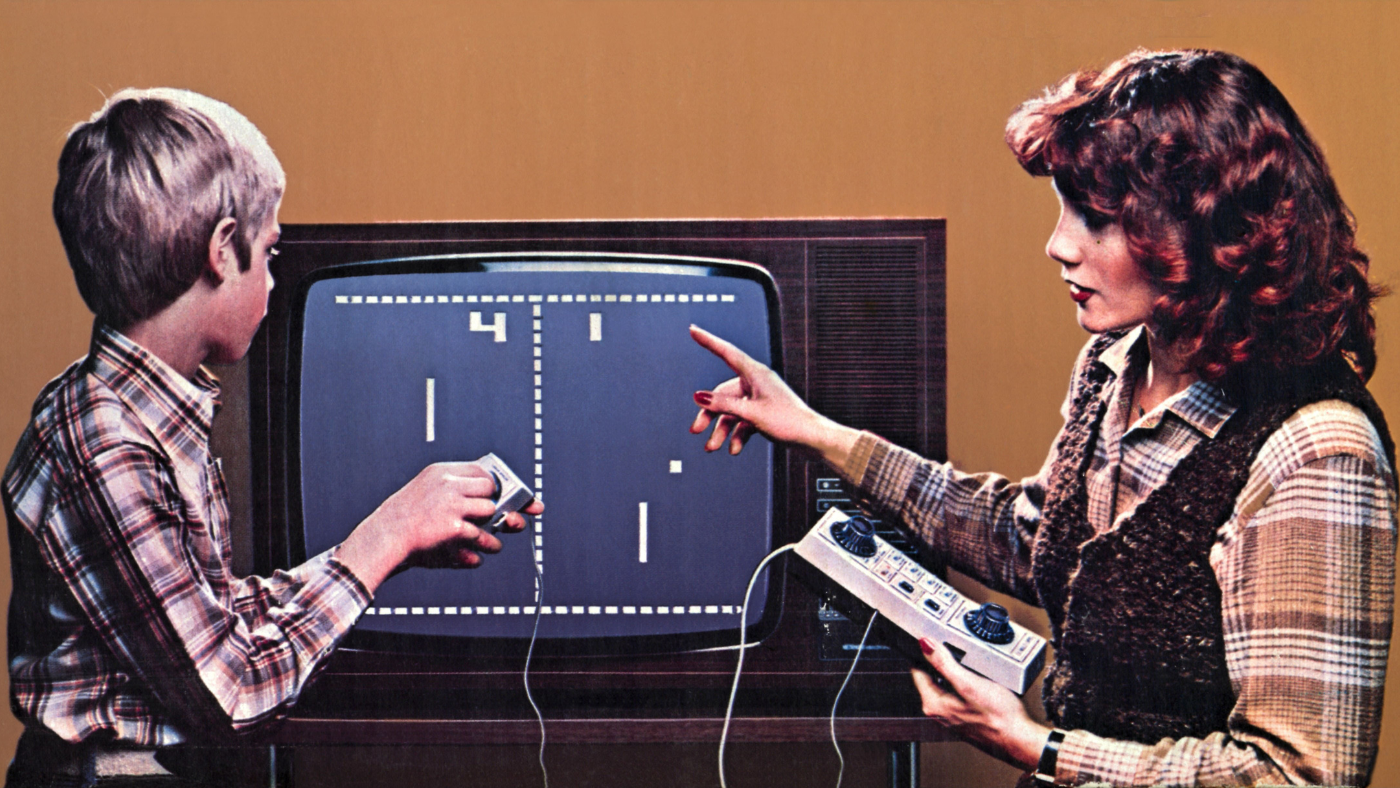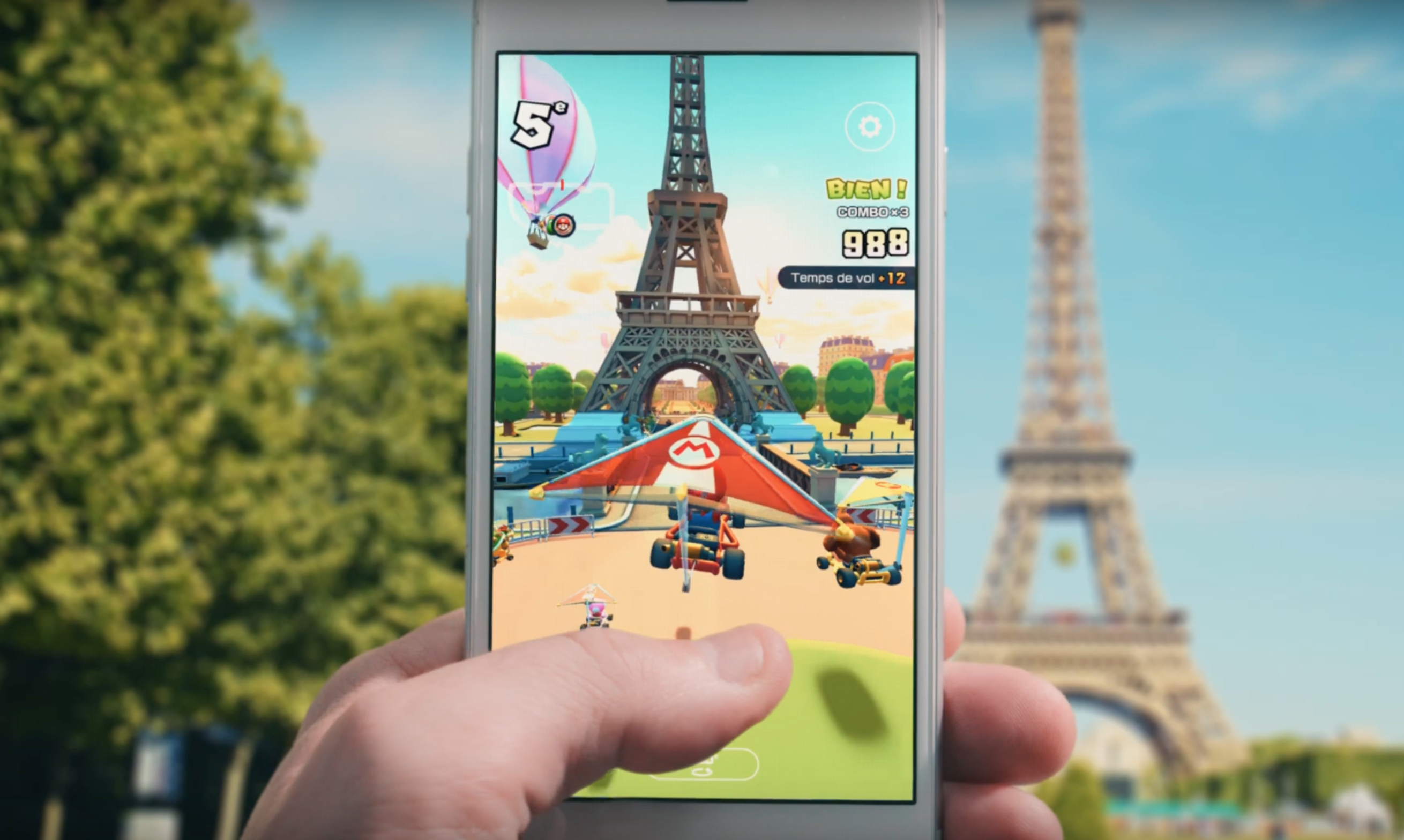Why everyone’s talking about loot boxes
US senator proposes ban on controversial in-game spending. Here’s the story so far

A free daily email with the biggest news stories of the day – and the best features from TheWeek.com
You are now subscribed
Your newsletter sign-up was successful
Loot boxes are back under the spotlight after a US senator proposed a ban on the controversial practice of spending in video games.
Josh Hawley, the Republican senator for Missouri, has put forward a bill that could see loot boxes - a virtual box containing random in-game items that can be purchased with real-world money - banned from computer games targeted at audiences under the age of 18.
Presenting the Protecting Children from Abusive Games Bill, the senator said in a statement that loot boxes foster “compulsive habits” in young players, adding that game developers “shouldn’t be allowed to monetise addiction”.
The Week
Escape your echo chamber. Get the facts behind the news, plus analysis from multiple perspectives.

Sign up for The Week's Free Newsletters
From our morning news briefing to a weekly Good News Newsletter, get the best of The Week delivered directly to your inbox.
From our morning news briefing to a weekly Good News Newsletter, get the best of The Week delivered directly to your inbox.
“No matter this business model’s advantages to the tech industry, one thing is clear: there is no excuse for exploiting children through such practices,” he said.
In-game purchases with real money - commonly referred to as microtransactions - has been a hot topic in the game industry for years. Here, The Week looks at why the controversial practice has reached this point:
What are loot boxes?
Loot boxes are virtual treasure chests containing random in-game items. Players are unaware of what’s inside the digital crates until they purchase one, which can be done either by using the in-game currency or real-world money through microtransactions.
A free daily email with the biggest news stories of the day – and the best features from TheWeek.com
The practice is handled differently depending on the game developer and not all studios use loot boxes to generate cash.
For example, the loot boxes in 2016’s Overwatch feature additional costumes for the game’s characters, along with new voice lines and player avatars, says tech news site Tom’s Guide. These rewards are only cosmetic, meaning players cannot gain an advantage in multiplayer matches by spending more money on loot boxes.
However, games that are free-to-play, many of which are available on mobile platforms, use loot boxes as a means of generating revenue.
What happened?
According to the BBC, loot boxes first appeared in the mid-2000s and have boomed in popularity in recent years.
While the practice was initially popular in the free-to-play space, loot boxes and microtransactions have cropped up in full-price console and PC games in recent years.
But the issue came to a head in November 2017 prior to the release of EA’s Star Wars Battlefront II.
Reviewers who played a pre-release version of the sci-fi multiplayer game discovered that players could gain a competitive edge in online matches by spending more money on loot boxes, as the contents of the mystery crates included better weapons and abilities, Polygon reports.
Following a “tremendous public outcry”, the loot boxes were “jettisoned” days before the game’s release, the tech site says.
Battlefront II still came under fire from reviewers because players were required to put in tens of hours of gameplay time to unlock heroes such as Darth Vader, says Gamespot.
What’s the response?
The Battlefront II fiasco not only forced EA into changing the game so that players could only spend real-world money on in-game outfits, but it also attracted the attention from government officials across the globe.
Hawaiin politician Chris Lee was among the most vocal about loot boxes, claiming that game developers “exploit people, especially children, to maximise profit”, The Verge reports.
Lee led discussions to prohibit the sale of games with loot boxes in to players under the age of 21 on account of the practice being labelled a form of gambling, the website notes.
The Belgian government took the issue a step further last April by announcing that loot boxes were a form of gambling and that games featuring the system would be removed from sale, says Eurogamer.
Several game developers, however, argue that loot boxes are not a form of gambling because the feature is voluntary, Tom’s Guide reports.
What next?
The next phase of the saga sees Hawley’s bill head to the US House of Representatives and Senate, where it faces thorough scrutiny before being “signed off by the president”, the BBC says.
However, the Entertainment Software Association (ESA), which represents the games industry in the US, says it will contact the senator to inform him of how developers implement loot boxes, Kotaku reports.
“Numerous countries, including Ireland, Germany, Sweden, Denmark, Australia, New Zealand, and the United Kingdom, determined that loot boxes do not constitute gambling,” an ESA spokesperson said.
They added: “We look forward to sharing with the senator the tools and information the industry already provides that keeps the control of in-game spending in parents’ hands. Parents already have the ability to limit or prohibit in-game purchases with easy to use parental controls.”
-
 5 blacked out cartoons about the Epstein file redactions
5 blacked out cartoons about the Epstein file redactionsCartoons Artists take on hidden identities, a censored presidential seal, and more
-
 How Democrats are turning DOJ lemons into partisan lemonade
How Democrats are turning DOJ lemons into partisan lemonadeTODAY’S BIG QUESTION As the Trump administration continues to try — and fail — at indicting its political enemies, Democratic lawmakers have begun seizing the moment for themselves
-
 ICE’s new targets post-Minnesota retreat
ICE’s new targets post-Minnesota retreatIn the Spotlight Several cities are reportedly on ICE’s list for immigration crackdowns
-
 Netflix's epic quest into gaming
Netflix's epic quest into gamingUnder the radar The streaming giant's entry into the video game industry has been a slow burn, but that could change soon.
-
 Pong at 50: the video game that ‘changed the world’
Pong at 50: the video game that ‘changed the world’Under the Radar Atari’s breakthrough invention remains a ‘touchstone’ in the history of gaming
-
 Lamborghini V12 Vision Gran Turismo: a preview of the rumoured Aventador successor?
Lamborghini V12 Vision Gran Turismo: a preview of the rumoured Aventador successor?In Depth Radical virtual concept to join Gran Turismo Sport roster next spring
-
 Could Star Wars-style holograms soon be a reality?
Could Star Wars-style holograms soon be a reality?In Depth New gadget beams 3D projections that can talk and interact with people
-
 The Last of Us Part II: latest trailer, new features, plot details and release date
The Last of Us Part II: latest trailer, new features, plot details and release dateIn Depth Sequel finally set to arrive after seven-year wait - here are all the details
-
 Mario Kart Tour: what is the game and how much does it cost to play?
Mario Kart Tour: what is the game and how much does it cost to play?In Depth Nintendo’s mobile racer launches today
-
 WRC 8 review: racing’s most underrated gaming franchise?
WRC 8 review: racing’s most underrated gaming franchise?The Week Recommends Kylotonn’s latest rally game boasts a revamped handling model and F1-inspired career mode
-
 Call of Duty: Modern Warfare 2019 - why is it so controversial?
Call of Duty: Modern Warfare 2019 - why is it so controversial?The Week Recommends Rebooted shooter launches amid criticism over its portrayal of Russians